The Best Samurai Movies Ever Made
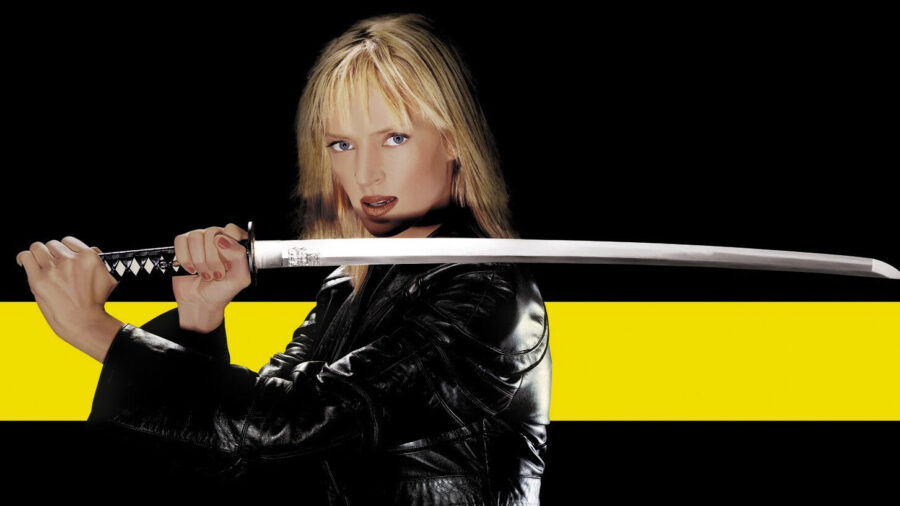
Samurai movies are a genre of their own, as, unlike ninja movies coming from the Land of the Rising Sun, they’re more drama than action—and they’re better known as “period dramas” in Japanese cinema. The genre was largely unknown in the West until the release of 1954’s Seven Samurai, the genre’s now-legendary title.
The interest in the genre faltered during the ‘70s, mostly due to the aging of some of the genre’s most prominent stars, but also due to the oversaturation, which finally led to a full stop—nobody was making samurai films anymore. However, Hollywood has decided to somewhat revive the genre, with scarce releases backed up by massive checks from the movie industry and modern CGI.
In this article, we’ll discuss some of the best Samurai moves ever made. Please note that the list doesn’t follow any particular order.
Seven Samurai (1954)
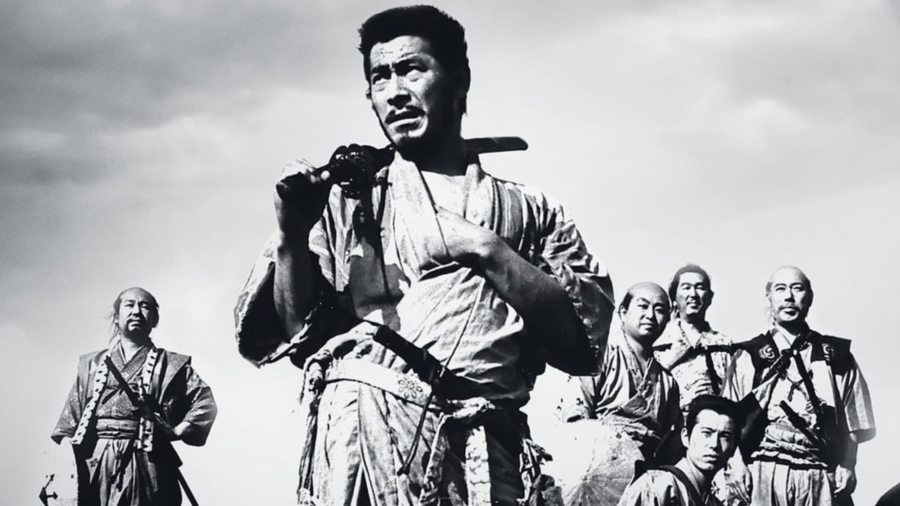
Seven Samurai is regarded as one of the best samurai movies, as well as one of the best movies of all time, and one of director Kurosawa’s finest works. The movie revolves around one samurai calling upon the help of six others in order to protect his village from bandits. They work together to train the villagers how to defend themselves.
The popularity of this particular samurai movie was so massive that it was remade into a Spaghetti Western movie called The Magnificent Seven. Furthermore, Seven Samurai had a massive influence on the global filmmaking industry, making numerous lists of the greatest hits and earning its spot among the best samurai movies of all time.
The Hidden Blade (2004)
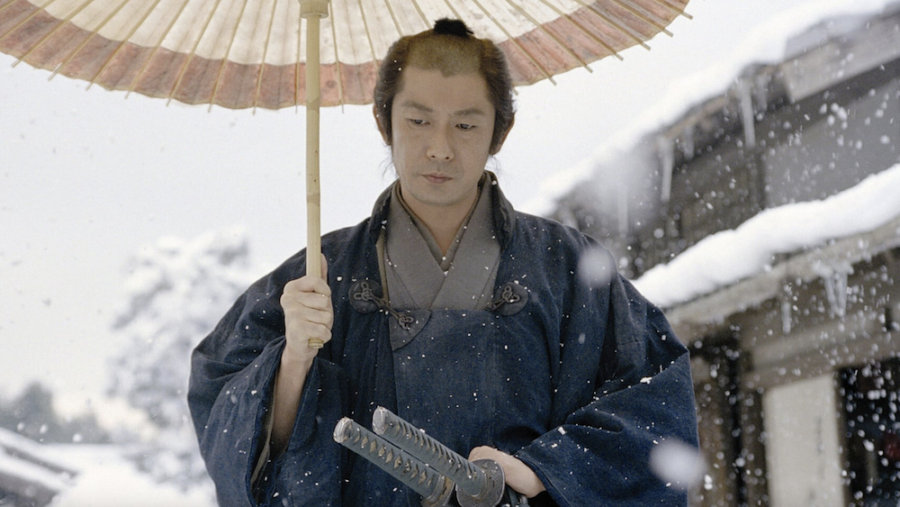
The Hidden Blade, directed by Yoji Yamada, offers a unique blend of drama, romance, and action as it tells a moving love story interrupted by the strict code of tradition.
Namely, a brave low-ranking samurai falls in love with a household servant girl, but their romance is interrupted by the samurai being presented with the task of finding and killing an old friend who also happens to be a mercilessly brilliant swordsman.
The brave Samurai asks for help and embarks on the thrilling adventure of learning Western military strategies that would help him conquer the enemy. It’s a brilliant piece deserving every minute of its screen time.
The Twilight Samurai (2002)

As one of the more recent movies on our list, The Twilight Samurai is an emotional- and action-packed movie that’s bound to keep the audiences interested. It follows a story of a samurai forced to work as a bookkeeper instead of fulfilling his duties as a warrior following the death of his wife.
The Twilight Samurai paints a more intimate portrait of a samurai at the end of the feudal era trying to balance duty with his role as a widowed father. Just like Seven Samurai, The Twilight Samurai is also considered one of the best samurai movies ever.
Yojimbo (1961)
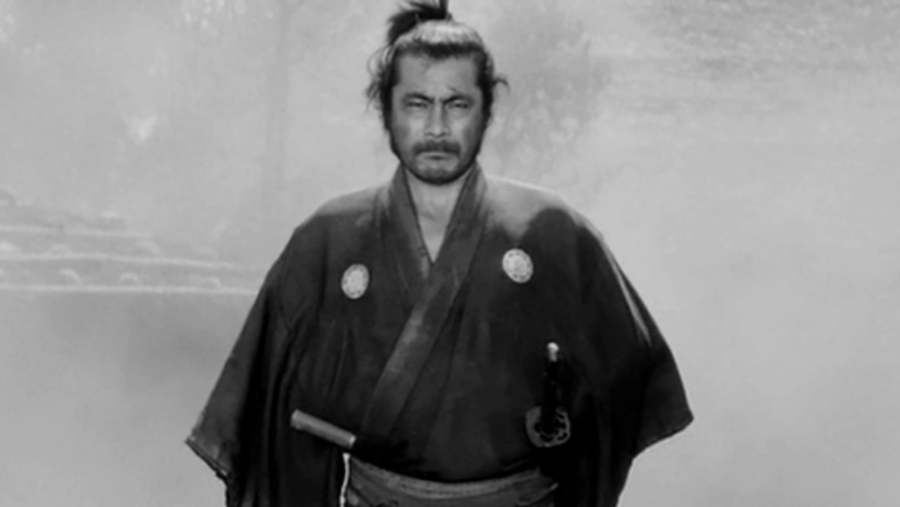
Yojimbo tells a tale of a ronin, a masterless samurai named Sanjuro, who wanders into a small town torn apart by rival factions vying for power. It’s basically a story of a lone wolf playing both factions against each other into further conflict until there aren’t any gang members left, and the town is rid of conflict for good.
Sanjuro, portrayed by the legendary actor Toshiro Mifune, is a complex and multifaceted hero who is just as likely to crack a joke as he is to draw his sword. Yojimbo is an excellent samurai movie and also one of Akira Kurosawa’s best works. Its Western counterpart is Fistful of Dollars, which basically has the same premise, but with Western writing.
Sanjuro (1962)
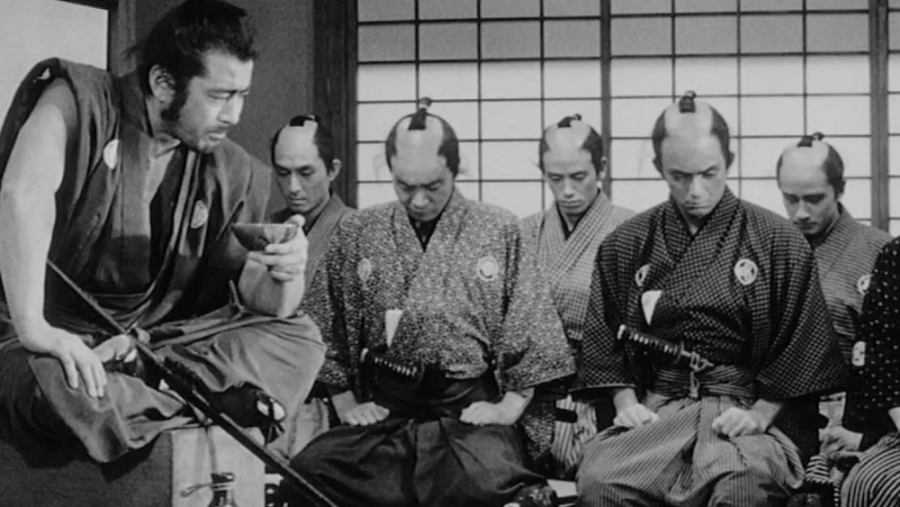
1962’s Sanjuro is the sequel samurai movie to Yojimbo; it follows the same samurai as the original movie but in a tonally less serious narrative, thus striking a balance between action and comedy—making it perfect for the majority of movie-goers of the time.
The narrative basically follows Sanjuro teaching young Samurai the skills they need before they’re sent to war by their daimyo. Sanjuro eventually earned a remake movie titled Tsubaki Sanjuro.
Harakiri (1962)
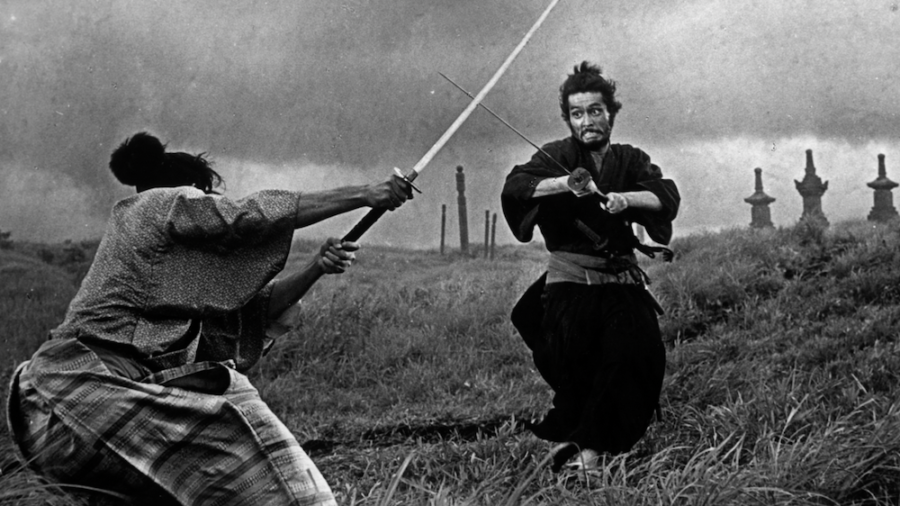
The movie’s title is derived from the act of hara-kiri, a more colloquial term for the more formal term “seppuku,” both of which refer to the same act of ritualistic suicide by disembowelment, typically reserved for samurai.
This samurai movie is a slow-burn drama about an aging samurai telling a clan of samurai about how they impacted his life, slowly revealing that he’s actually in the process of seeking revenge through a series of flashbacks. Harakiri is widely considered one of the best samurai movies of its decade, as well as one of the best movies of the 1960s overall.
Kill Bill (2003)
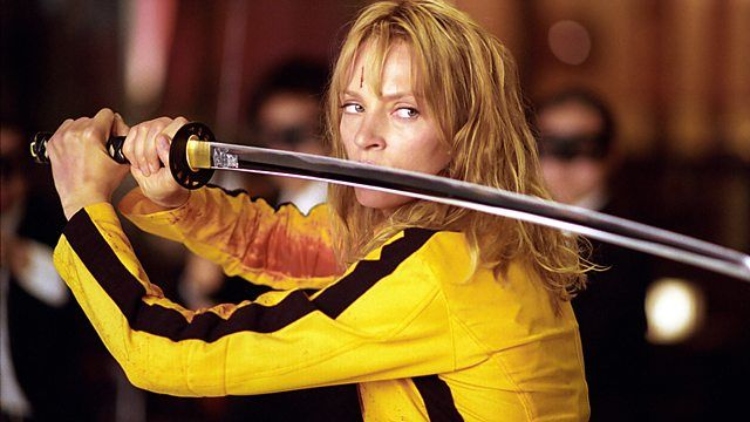
There are those who consider Tarantino’s masterpiece a culture vulture, but more relaxed movie enthusiasts would call it more “culturally influenced.”
It’s no secret that Tarantino was an admirer of Asian cinema, particularly earlier releases, as well as early, more action-oriented Hollywood interpretations of easter martial arts films. And Kill Bill, though not a samurai movie at its core, actually embodies some of the key elements of Eastern cinema as well.
The movie is basically a Western adaptation of 1973’s Lady Snowblood—adapted from the 1972 manga of the same name—but instead of following a child whose wrath incarnate, the bride wakes up from her comatose condition and descends upon her attackers in retribution.
The Last Samurai (2003)
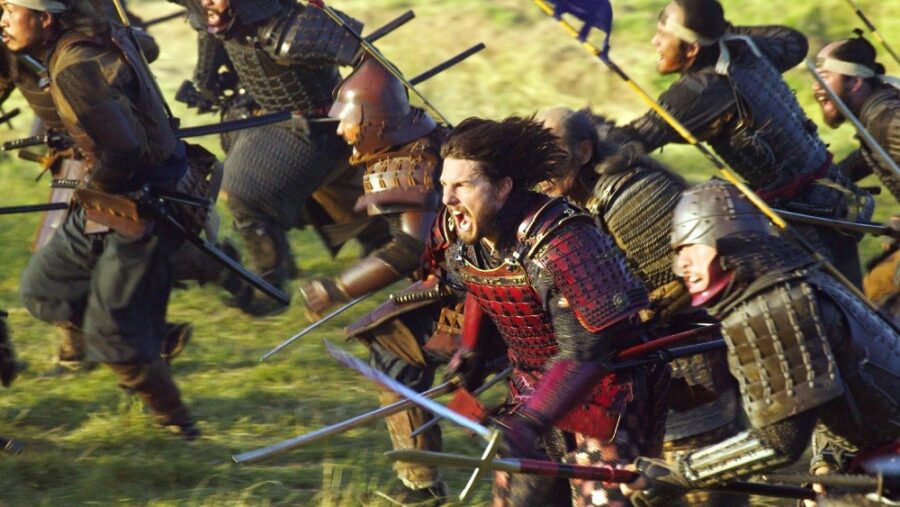
Probably one of Tom Cruise’s most underrated movies, The Last Samurai tells the tale of Captain Nathan Algren, who’s appointed by the Emperor to train the country’s army in Japan’s modernization efforts.
However, through a series of events, Algren is captured by the opposing samurai faction, where he falls in love with their traditions and way of life, eventually joining them against the now-modernized Japanese army.
Everything about his samurai movie, ranging from the plot, cinematography, and the cast’s amazing acting skills and talents, makes The Last Samurai a massive competitor to Cruise’s Mission: Impossible franchise.
47 Ronin (2013)
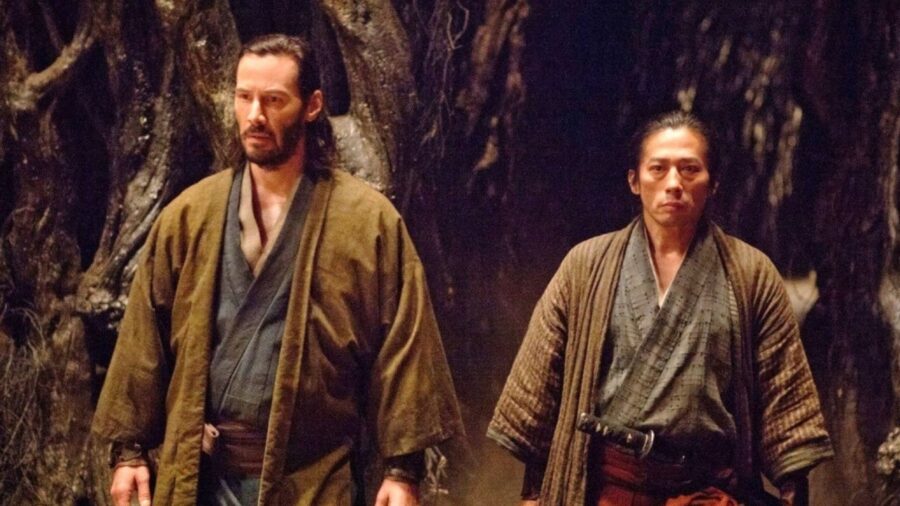
47 Ronin is to Keanu Reeves what The Last Samurai is to Tom Cruise, a movie that’s loosely based on a beautiful and famous Japanese tale, which, unsurprisingly, failed to impress the Japanese audience—which, admittedly, has a distaste for Hollywood adaptations of Japanese folklore.
Still, this doesn’t take away from the fact that the movie is a masterpiece, accounting for the tale of forty-seven masterless samurai avenging the murder of their master—with Keanu Reeves portraying a half-breed leading Lord Asano’s samurai on their path of vengeance.











